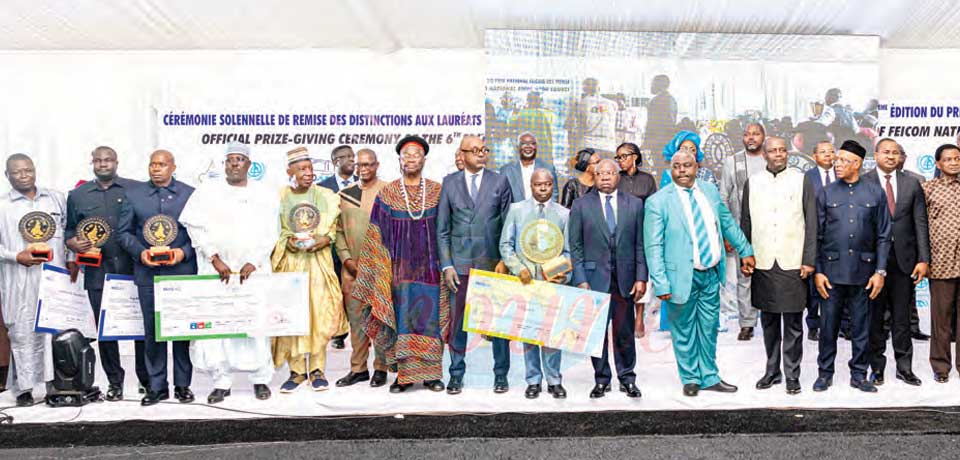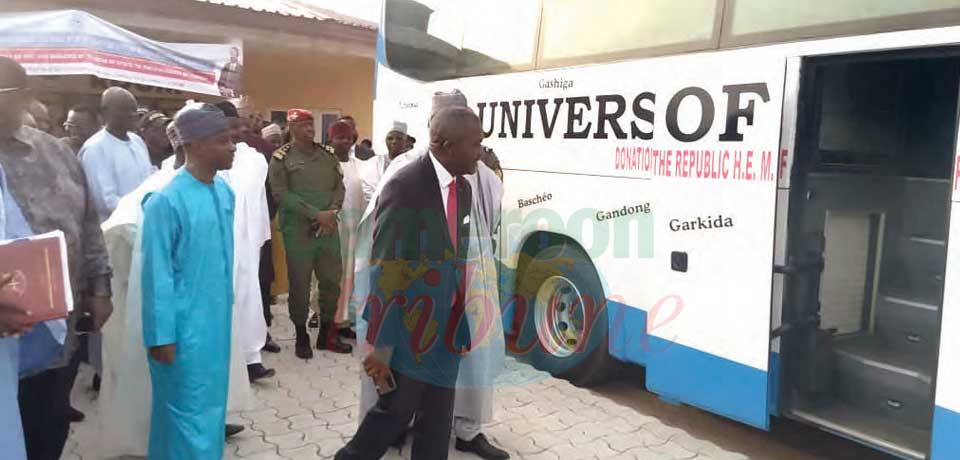Council Revenue Generation : Maximising Other Sources
- Par Kimeng Hilton
- 16 Jun 2020 11:06
- 0 Likes
These could enable various levels of local government administration continue to carry out their development activities.
The Coronavirus or COVID-19 pandemic has left the economy in dire straits as well as local governments’ ability to generate income. Revenue collection has become difficult because cash flow has also dwindled. The Prime Minister, Head of Government, Chief Dr. Joseph Dion Ngute, on April 30, 2020, in announcing government measures to cushion the impact of COVID-19 on the people, listed a number of decisions that affect local governments’ level of revenue generation. These include exemption from payment of discharge tax and park fee for taxis, commercial motorcycles, as well as axle taxall for the second semester of 2020. He said the measure could be extended to apply to the remaining part of 2020. The PM also announced exemption from payment of discharge tax and markets levies, etc also for the second semester of 2020. This measure is intended to benefit especially smallscale foodstuff dealers such as the “buyam-sellam, Dion Ngute noted.
Tough as the measures are, local governments (councils, subdivisional councils and other councils in rural areas) have other sources of local income generation to turn to in order to make up for what stills trickles in from the Ministry of Finance and the Special Council Support Fund for Mutual Assistance, FEICOM. For example, the December 15, 2009 Act on Local Government Taxes makes provision for four main sources of local government revenue generation. These are council taxes and levies, council additional tax, and other sources recognized by law and determined by councils themselves. Council taxes and levies, for...
Cet article complet est réservé aux abonnés
Déjà abonné ? Identifiez-vous >
Accédez en illimité à Cameroon Tribune Digital à partir de 26250 FCFA
Je M'abonne1 minute suffit pour vous abonner à Cameroon Tribune Digital !
- Votre numéro spécial cameroon-tribune en version numérique
- Des encarts
- Des appels d'offres exclusives
- D'avant-première (accès 24h avant la publication)
- Des éditions consultables sur tous supports (smartphone, tablettes, PC)














Commentaires